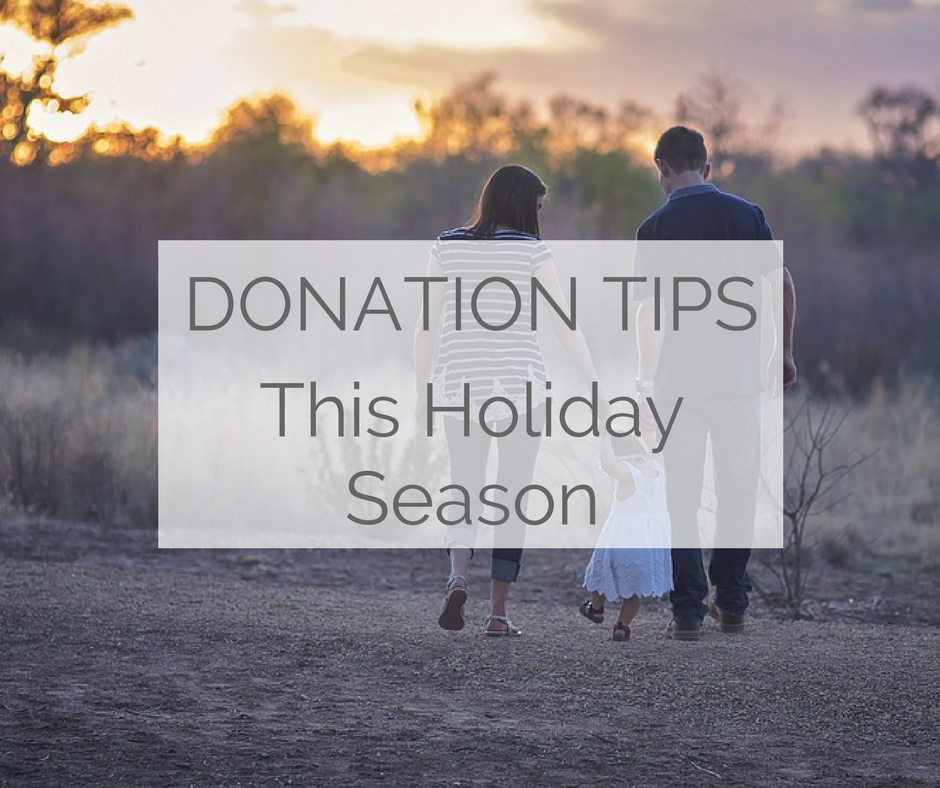November is a time when we start to think more about being grateful for all of our blessings but it is also a great time to start thinking about what you aren’t using or have outgrown that could be used by someone else. I believe in “what goes around comes around” so I am more likely to donate items than I am to sell them. I try to encourage my clients to do the same for a few reasons.
- It gets the donations out of the house fast.
- You can write off most donations.(Get and receipt and correct valuation)
- It is good to give back to your community.
- If you can’t take the donations yourself several charities will come to your house to pick them up.
What shouldn’t you donate?
- Anything moldy, broken, dirty, smelly, infected with bugs or missing parts.
- Electronics older than 5 years.
- Anything that could be considered trash
- Dirty, stained, or smelly or altered (ie cut offs) clothes or linens.
- Shoes that are in poor condition, have holes or smell.
- Kitchen items that are greasy, dirty, are broken, chipped or missing parts.
- Appliances that are dirty or smell and aren’t in working condition.
- Furniture in poor condition.
- Anything with a leaking battery acid
- Coloring books/workbook/puzzle books that have been used.
- Mattresses and stuffed animals-many charities will not take them. Check first there are places to do. Click here.
- Medications – how to dispose of unused medicines.
- Make should your specific charity accepts the items you have before delivering donations
What should you give away?
- Anything that is not on the don’t list.
- Anything that charity accepts
Where you give matters?
Before making a donation, you should research where your money or donated items are going; just like you do before making purchases. There are three main charity watchdogs: CharityWatch, Charity Navigator and BBB Wise Giving Alliance. I tested them out simply by search the Salvation Army. CharityWatch asked me to become a member to see the full report which may be worth the money for some people, Charity Navigator doesn’t evaluation religious organizations and the BBB Wise Giving Alliance accredited some chapters. Also, local charities were difficult to find. I search for the Sister Carmen Center in Lafayette on all three but only BBB Wise Giving Alliance had a match (Sister Carmen is accredited)
Tips for donating from Consumer Reports:
- Verify tax-exempt status. If you’re not sure whether donations to a particular charity are tax-deductible (don’t assume they are), confirm a group’s tax-exempt status by checking with the group or by going to the IRS website.
- Give directly. If you’re contacted by a professional fundraiser for a charity you want to support, hang up and give directly instead. Professional fundraising takes a large cut.
- Request privacy. If you don’t want to be bothered by endless fundraising appeals, tell groups you support that you don’t want your name and contact information sold, exchanged, or rented to other groups or for-profit companies, a common practice among some charities. You also can ask the groups not to send you further appeal letters, email, or phone solicitations. Check the charity’s privacy policy before giving.

